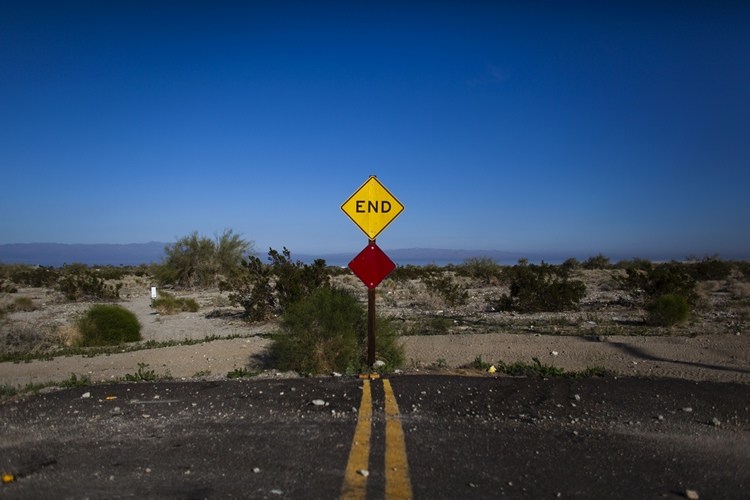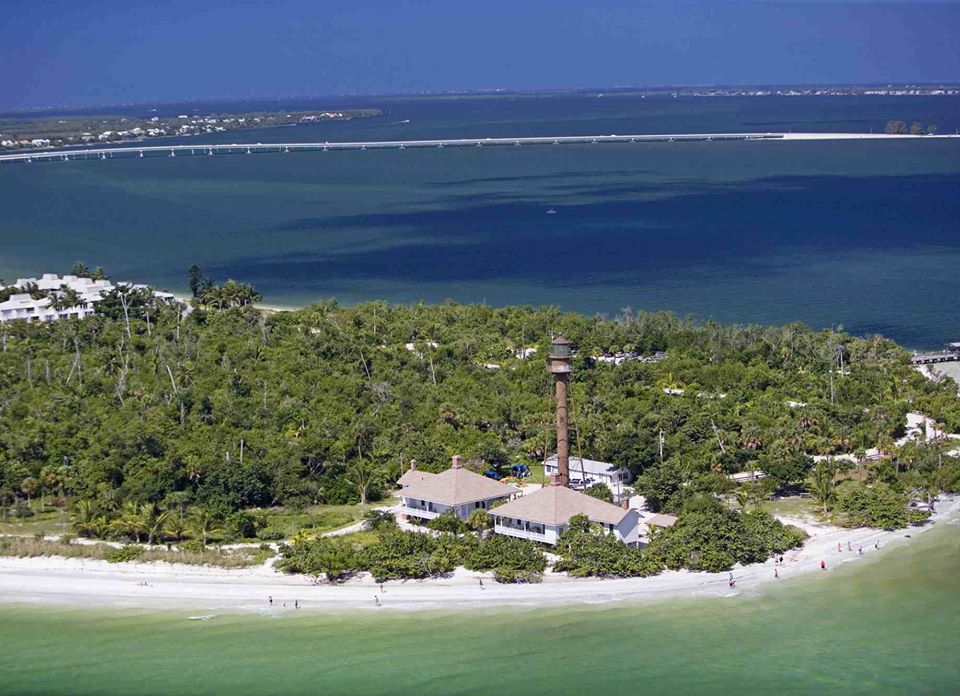
It struck me a few days ago that I’d spent the past year and more deprived of any sense of a future. As Hilary grew sicker and her health crises more frequent, I was forced to devote a fast-growing part of my time and energy to taking care of her from day to day, putting out fires and doing my best to anticipate the next thing that might go wrong. We had all but lost hope by March that she would ever receive the double lung transplant that we had long believed would change her life, and without that hope, I could no longer see anything but what was directly in front of me.
Now that I have lost Hilary, all that has changed. Impossible though it is for me to imagine a life without her, the fact remains that I cannot help but have one—that it has, indeed, already begun. I’ve even made a plan for the future: I’m going to drive down to Florida’s Sanibel Island come December, and I will scatter Hilary’s ashes not far from the beach bungalow on the Gulf of Mexico that was the place she loved best. I’d always wanted to take a few days off and drive to Florida, stopping along the way to visit friends and see whatever there might be to see, but her increasingly fragile health made any such adventure impossible. Instead I’ll do so by myself, and my trip will be a kind of pilgrimage, the fulfillment of a promise to lay my spouse to rest in the best of all possible places.
And what will I do between now and then? I know there is no knowing, for the pandemic is firmly in the saddle and rides mankind. In any case, my imagination as yet extends no further than to the simplest of possibilities: I want to see my friends, not on a computer screen but face to face. I want to talk endlessly to them, not just about my own grief but about whatever comes to our minds, and I want even more to listen to them. More than anything else, they are my future, and their love is the source of my shaky but nonetheless abiding belief that I will have some kind of life after Hilary, perhaps even a truly happy one—different, to be sure, but not without possibilities of its own.

When Dylan Thomas died in 1953, his widow plunged herself into drunken, self-destructive mourning, later writing a memoir called Leftover Life to Kill. That is not the way I want to spend the rest of my life, nor is it the way Hilary would have wanted me to spend it. She made that clear: she expected me to go on without her. “You’d better not fall apart after I die,” she told me more than once. I did for a time, but I’m finally starting to pull myself together again, slowly and haltingly but—I trust—surely.
After the British army turned back Rommel’s Nazi troops at El Alamein, Winston Churchill told his people, “Now this is not the end. It is not even the beginning of the end. But it is, perhaps, the end of the beginning.” I hope with all my heart that the same is true of me as well.
* * *
Charlie Haden and Pat Metheny play Henry Mancini’s “Two for the Road”:
Winston Churchill speaks before the Lord Mayor’s Luncheon at Mansion House on November 10, 1942:
